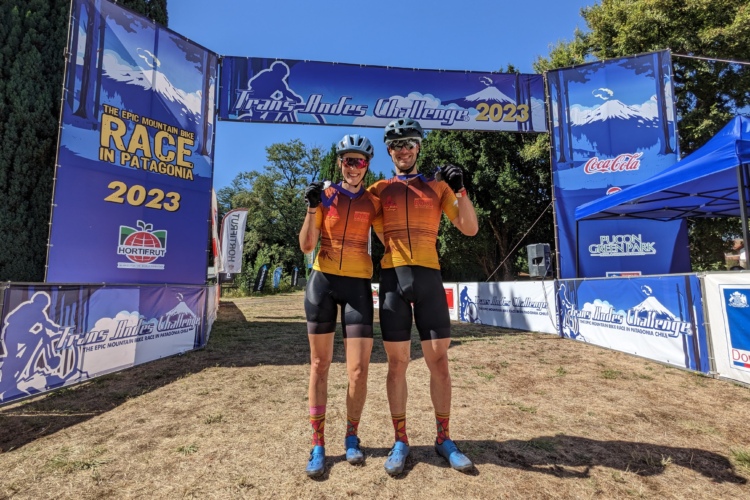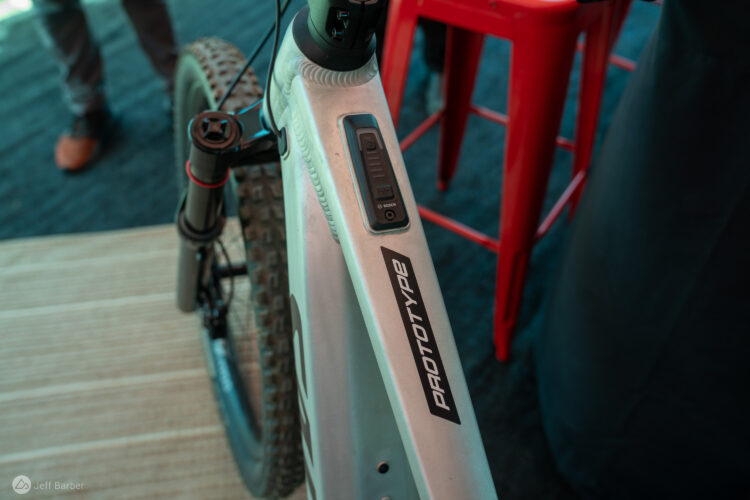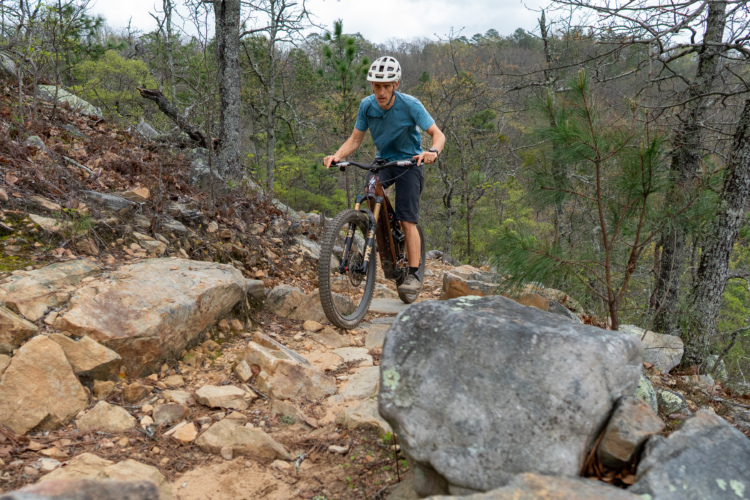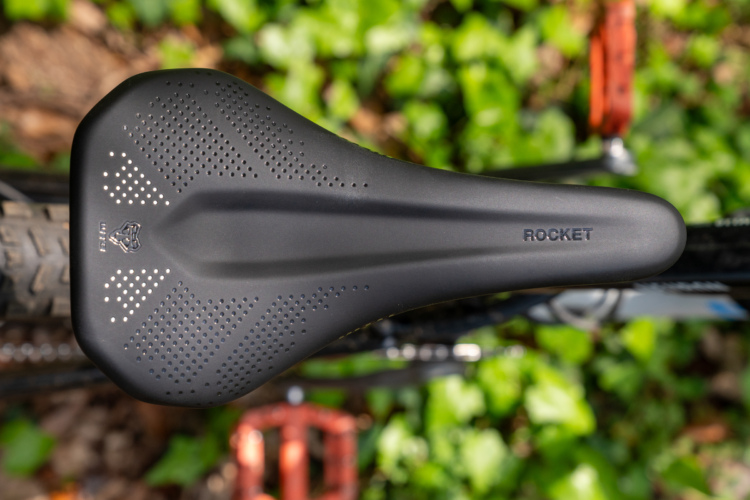
Urban Dictionary defines a dirtbag as a “piss-poor, unemployed rock climber who lives off scrounged food and sleeps, obviously, in the dirt. The pinnacle of climbing committment [sic] and idol of employed climbers.” Substitute “rock climber” with “mountain biker,” and I think that’s a good description of where the MTB industry finds itself at this moment in time.
I traveled to Monterey last week for the Sea Otter Classic and my hotel was eerily quiet, with just a few cars in the parking lot. Contrast that with years past when it’s been difficult to find a room anywhere within 20 miles of the venue at Laguna Seca Raceway. Another person I spoke with noticed the same thing at their hotel and elsewhere around town where the bars and restaurants just didn’t seem to be as busy as in years past.
It’s interesting because I don’t think Sea Otter’s attendance was down this year. On the contrary, organizers estimated 80,000 visitors for 2024, which would be a healthy bump from 76,500 last year. So why were there so many hotel vacancies?
One brand owner I spoke with mentioned that his team was camping at the venue this year, a change from years past when everyone stayed in hotels. It was a lot of fun, he said, and a return to the early days of the company. Also, he told me, it was the much cheaper option.
Kona Bicycles caused a big stir last week when the brand was spotted abruptly taking down its Sea Otter booth the day before the start of the event. After much speculation, the brand’s parent company put out a press release announcing the appointment of a new CFO and a fresh $100M (!) line of credit. Presumably, the brand’s Sea Otter booth space had already been paid for, which left many of us wondering why they didn’t just ignore the sunk costs and go ahead as planned. Could it have been to save a few extra bucks on the team’s per diem expenses? There’s a reason CFOs are called bean counters, after all.
As we all know, the bike industry has gone through some pretty extreme highs and lows over the past few years. Many were burned by an oversupply of bikes and equipment, and now that things are settling back into a steady state, there seems to be a fresh air of humility and caution permeating the sport.
And it’s not just brands. Consumers are being cautious, too. I suspect many Norcal riders who might normally book a hotel for Sea Otter weekend chose to take day trips to the races and festival instead. Looking at our own internal data, Singletracks readers are still gravitating toward discounted items and are slower to pull the trigger on a new bike purchase than in years past. At least one person I spoke with who has access to heavily discounted industry pricing on bikes confessed to preferring aluminum over carbon because it’s a better long-term value. Are aluminum mountain bikes coming back in vogue? I suspect they might be.
Truly, I’m stoked to see the industry returning to its dirtbag roots. Mountain biking, at least in the early days, certainly wasn’t about big businesses, or flashy equipment, or staying in nice hotels. It was about riding bikes in the dirt and having fun with friends. The financial side of things is admittedly still up in the air, yet the passion remains. Brands and consumers alike are smarter after lessons learned over the past few years. We’re leaner—and hungrier, too—which bodes well for future innovation and stoke.
It’s clear from the dozens of folks I talked to at Sea Otter that they’re committed to making mountain biking even better despite the challenges over the past few years, in anticipation of those yet to come.
Dirtbags are like that. They never give up, and they’re often the ones we admire the most.





















5 Comments
Apr 27, 2024
Apr 27, 2024
Apr 27, 2024
I camp in tents each year, finding showers requires no strategy, there are showers at the on-site campgrounds.
Apr 25, 2024
Apr 26, 2024